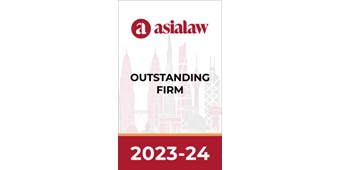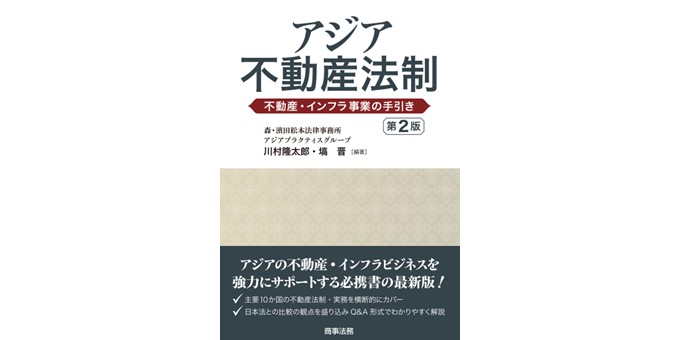Introduction
Recent Indonesian court decisions underscore the importance of procedural integrity in shareholder governance, particularly in relation to General Meetings of Shareholders (Rapat Umum Pemegang Saham, RUPS). The rulings provide critical guidance on quorum requirements, and shareholder rights.
1. Improper summons can nullify resolutions
When relations deteriorate and interests diverge between shareholders, it is not uncommon for parties to seek court orders to convene an RUPS. However, ensuring procedural compliance is essential, as failure to follow the quorum requirements and serve proper notice for the second summons to an Extraordinary RUPS (RUPSLB) would nullify the resolution passed in the meeting (see Supreme Court Decision No. 2826 K/Pdt/2021 and prior lower courts’ rulings).
2. Petition for RUPSLB may be rejected if key issues remain unresolved
The Supreme Court upheld the lower court’s rejection of a petition to convene an RUPSLB, noting that the dispute over heirship and shareholder status remained contentious and should be addressed through a lawsuit rather than by way of a voluntary petition.
The court deemed the petition premature, as key legal questions regarding inheritance and shareholding legitimacy had yet to be resolved (see Supreme Court Decision No. 334 K/Pdt/2021and prior lower courts’ rulings).
3. Procedural non-compliance risks liability
By rejecting a request for judicial review, the Supreme Court affirmed that undertaking certain corporate actions (such as the transfer of know-how and intellectual property or the closure of a factory) without proper shareholder or RUPS approval may constitute unlawful acts. Such violations can give rise to substantial liability and enforcement measures (see Supreme Court Decision No. 426 PK/Pdt/2025 and prior lower courts’ rulings).
4. RUPSLB approvals from the court cannot be appealed
The Supreme Court ruled that approvals granted by the District Court to convene RUPSLBs are final under Article 80(6) of the Company Law and are no longer subject to appeal. (see Supreme Court Decision No. 3691 K/Pdt/2020).
These recent decisions from the Indonesian judiciary underscore a clear and evolving stance on shareholder governance and corporate compliance.
From the strict requirements on summons, quorum, and timing, to sanctions against unapproved corporate actions, the message is consistent: governance must be carried out with legal and procedural integrity.
For companies and shareholders alike, these rulings serve as a timely reminder that missteps in governance can lead to invalid resolutions, unenforceable agreements, and substantial liabilities. Proactive legal counsel and rigorous compliance are no longer optional — they are essential.














